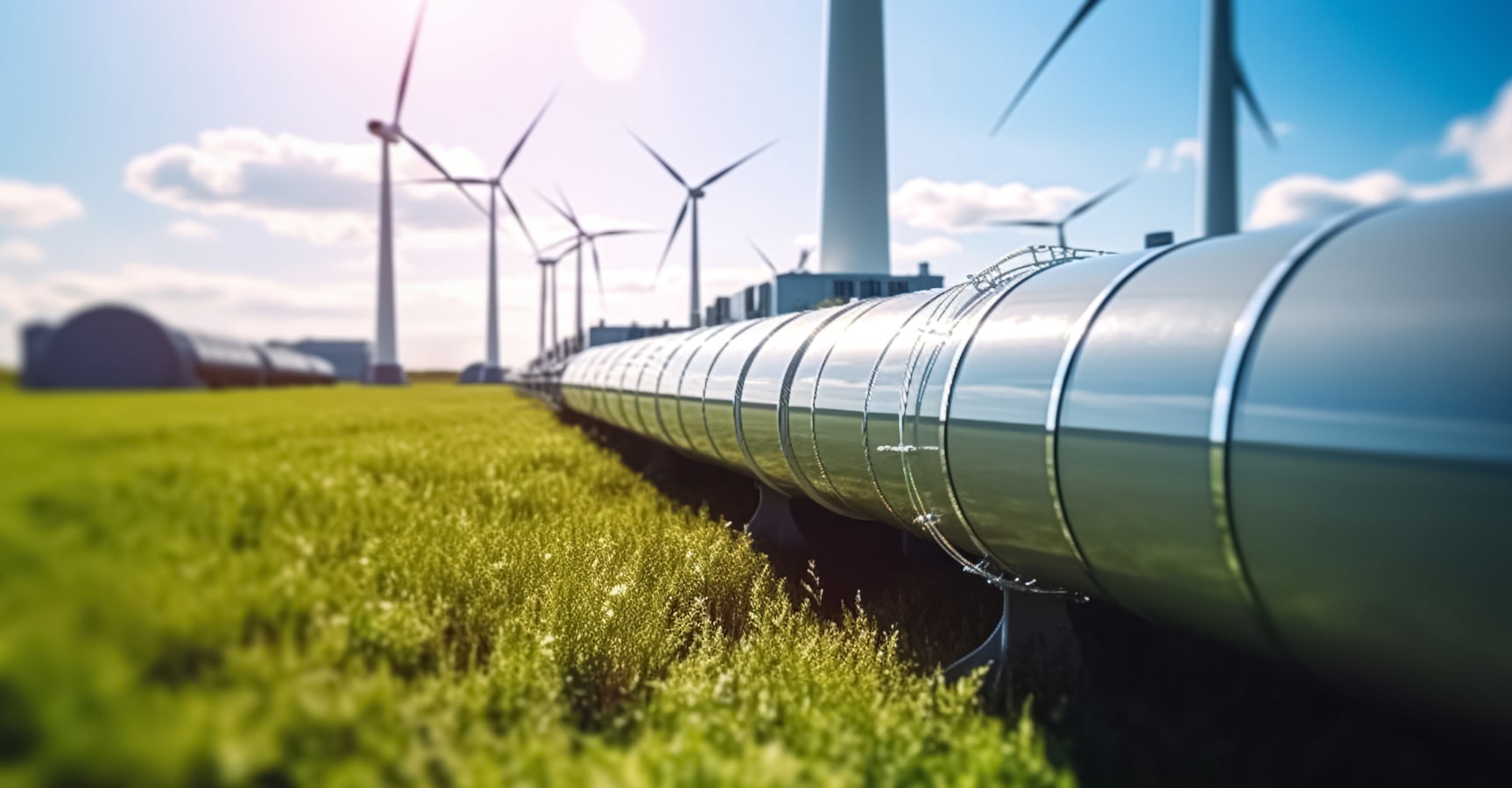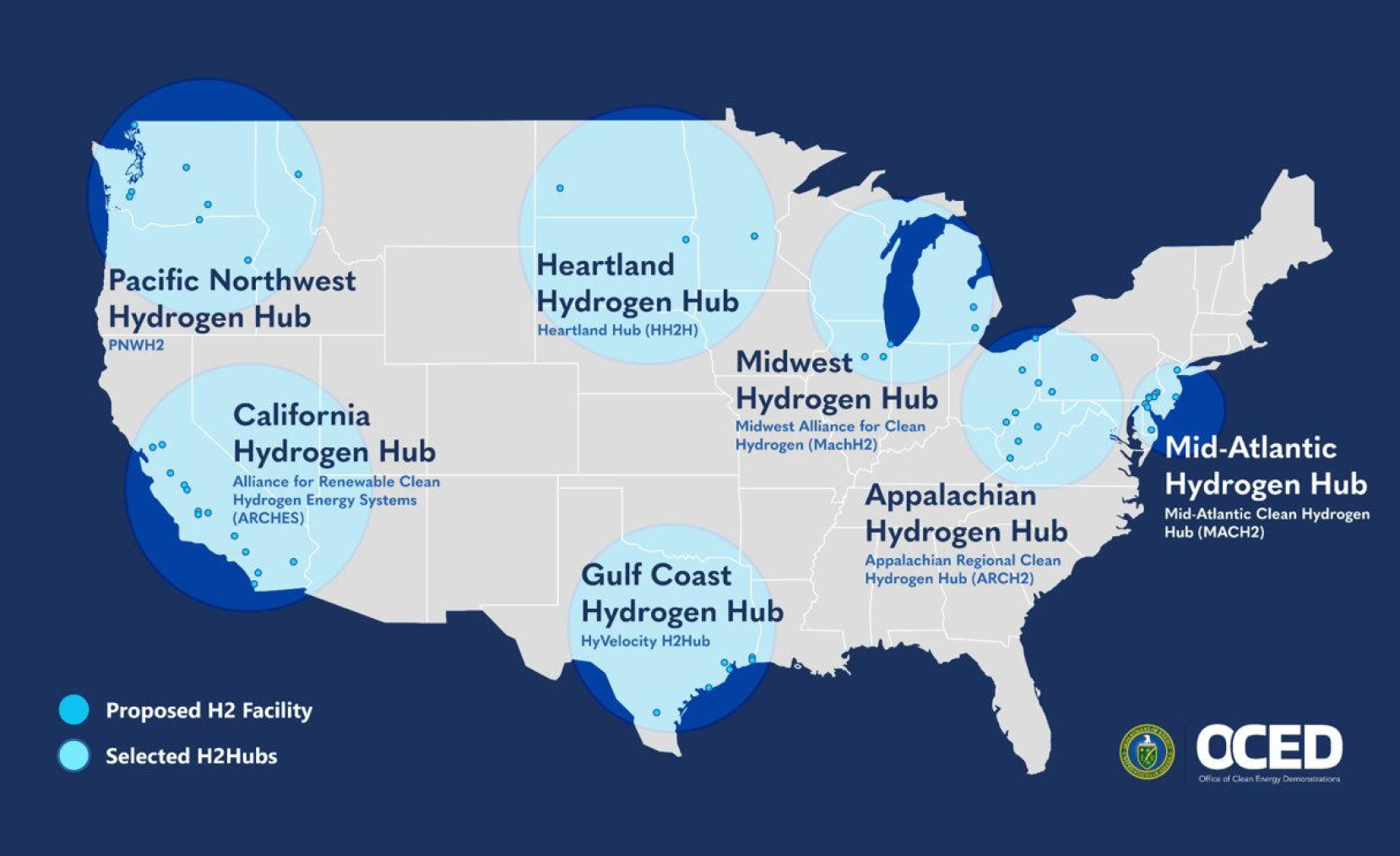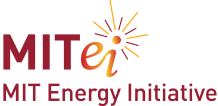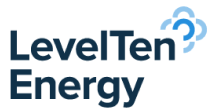About Us
Helping Provide Demand Certainty For Regional Clean Hydrogen Hubs

57%
The refining sector accounts for about 57 percent of U.S. hydrogen demand.
20%
Ammonia production accounts for roughly 20 percent of U.S. hydrogen demand.
10%
Methanol production accounts for around 10 percent of U.S. hydrogen demand.
6%
Metals and other industries make up 6 percent of hydrogen demand.
Our Mission
H2DI is working with the U.S. Department of Energy and the H2Hubs to design robust demand-side support measures that will facilitate purchases of clean hydrogen — H2Hub-affiliated projects to reduce climate pollution, create good jobs, support clean air, and advance U.S. competitiveness in various end-use sectors, including energy-intensive industry and heavy-duty transportation.
Once finalized, the team will also develop an operational plan for administering these mechanisms. Developing a hydrogen demand-side initiative is critical to enhancing the early commercial viability of the H2Hubs, as demand formation for new energy sources often lags behind the creation of new reliable supply.

Consortium
Empowering Regional Clean Hydrogen Hubs

EFI Foundation
The EFI Foundation leads H2DI and manages activities; performs financial and commercial analysis; and develops community engagement strategies.

S&P Global
S&P Global Commodity Insights—the leading independent provider of information, data, analysis, benchmark prices and workflow solutions for the commodities, energy, metals and energy transition markets—contributes market assessments; evaluates financial workflows; engages stakeholder community for input; provides and manages data.

Intercontinental Exchange
Will design and implement demand-side support mechanisms for market potential.

MIT Energy Initiative
Performs techno-economic analysis of hydrogen demand-side; performs greenhouse gas lifecycle accounting, as well as granular sector “coupling” modeling (gas, electric, CO2, end-uses) using the modeling platform SESAME (Sustainable Energy Systems Modeling Environment).

Dentons
Advises on the National Environmental Policy Act, Federal Energy Regulatory Commission, and other regulatory and due process issues; develops contracts; supports monitoring, reporting, and verification; and creates operational requirements.

RMI
RMI is a global non-profit focused on the clean energy transition, with extensive experience building buyers coalitions, platforms, market frameworks, and governance systems to speed the development and procurement of clean commodities like sustainable aviation fuel and low-emissions steel.

LevelTen Energy
LevelTen operates the largest clean energy trading platform in the world where an average of 1.3 clean energy RFPs per week were issued last year, and which has served as a crucial lever to scaling the wind, solar and energy storage markets.

United States Energy Association
The U.S. Energy Association (USEA) is a nonprofit, apolitical, nonlobbying organization founded in 1924 to convene energy stakeholders to share policy, scientific, and technological information to foster the advancement of the entire energy sector. USEA promotes energy development by expanding access to safe, affordable, sustainable, and environmentally acceptable energy.